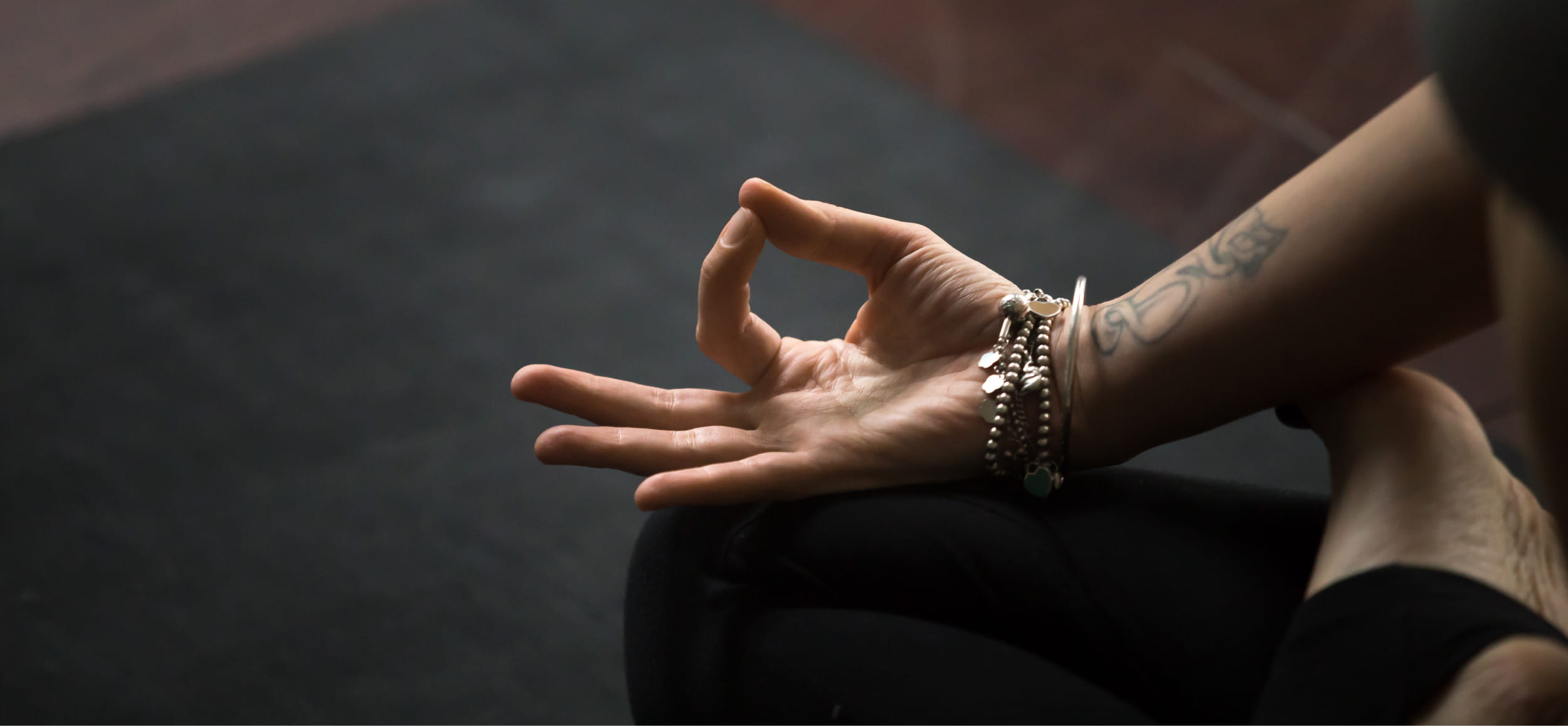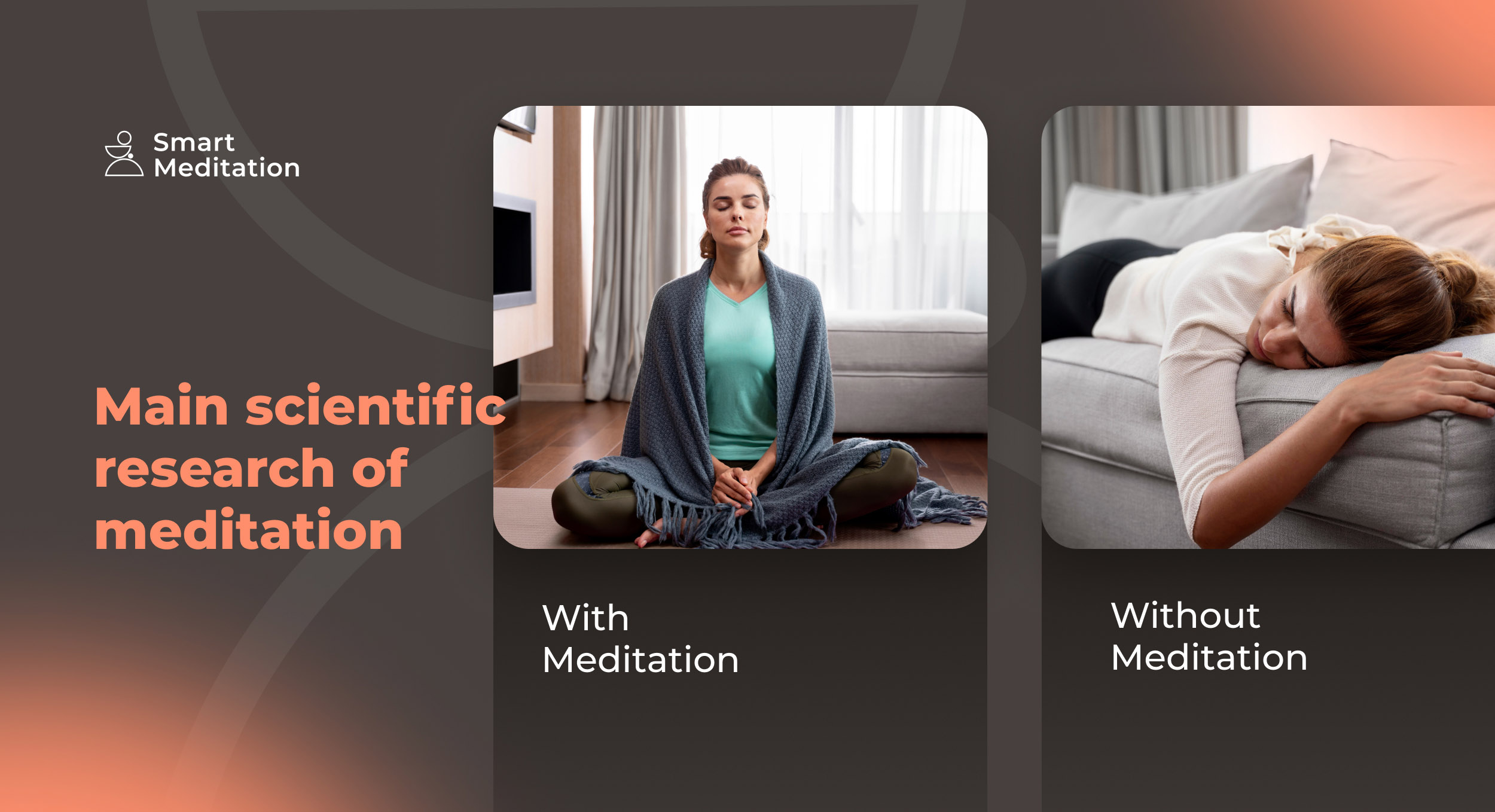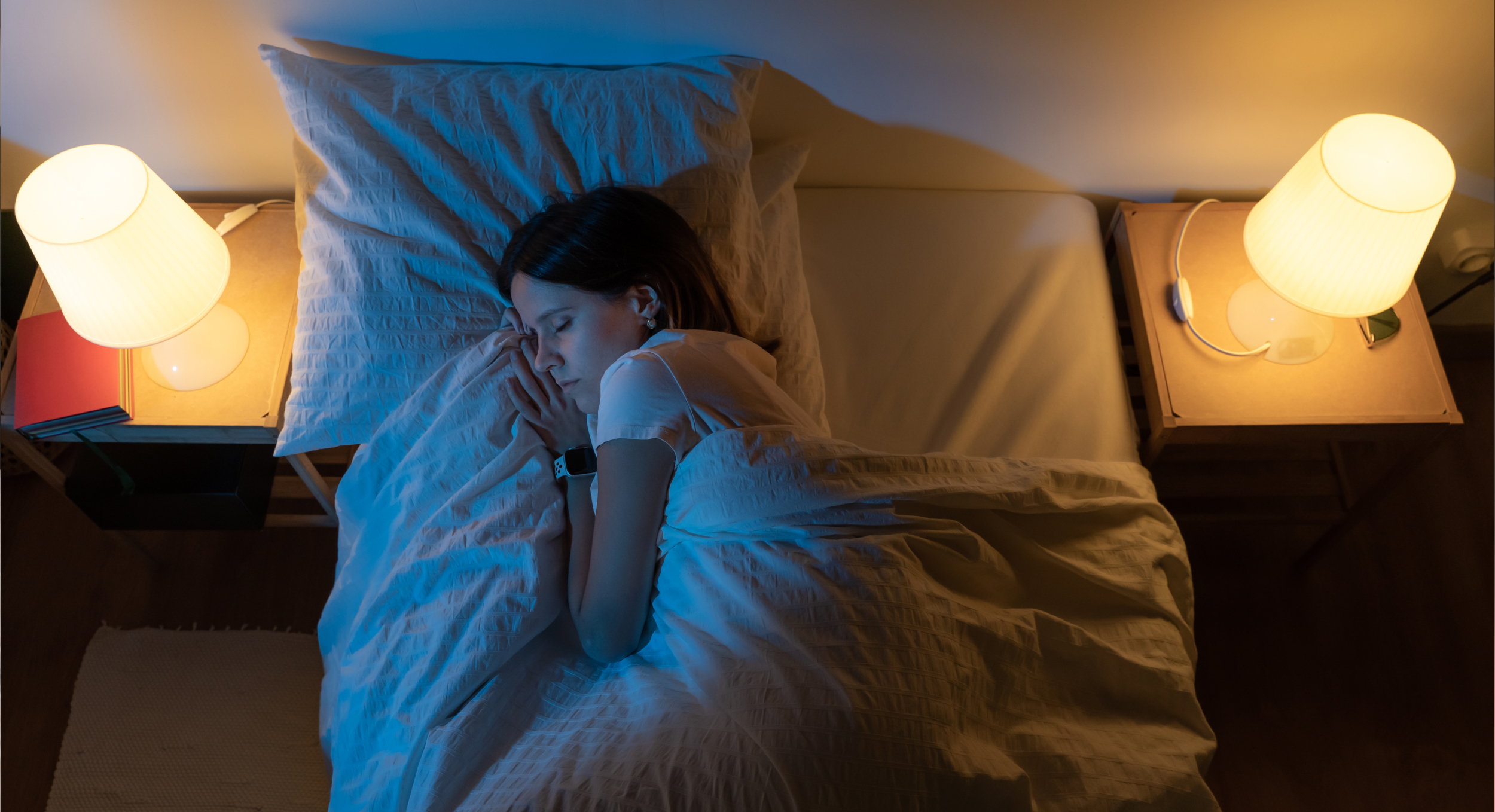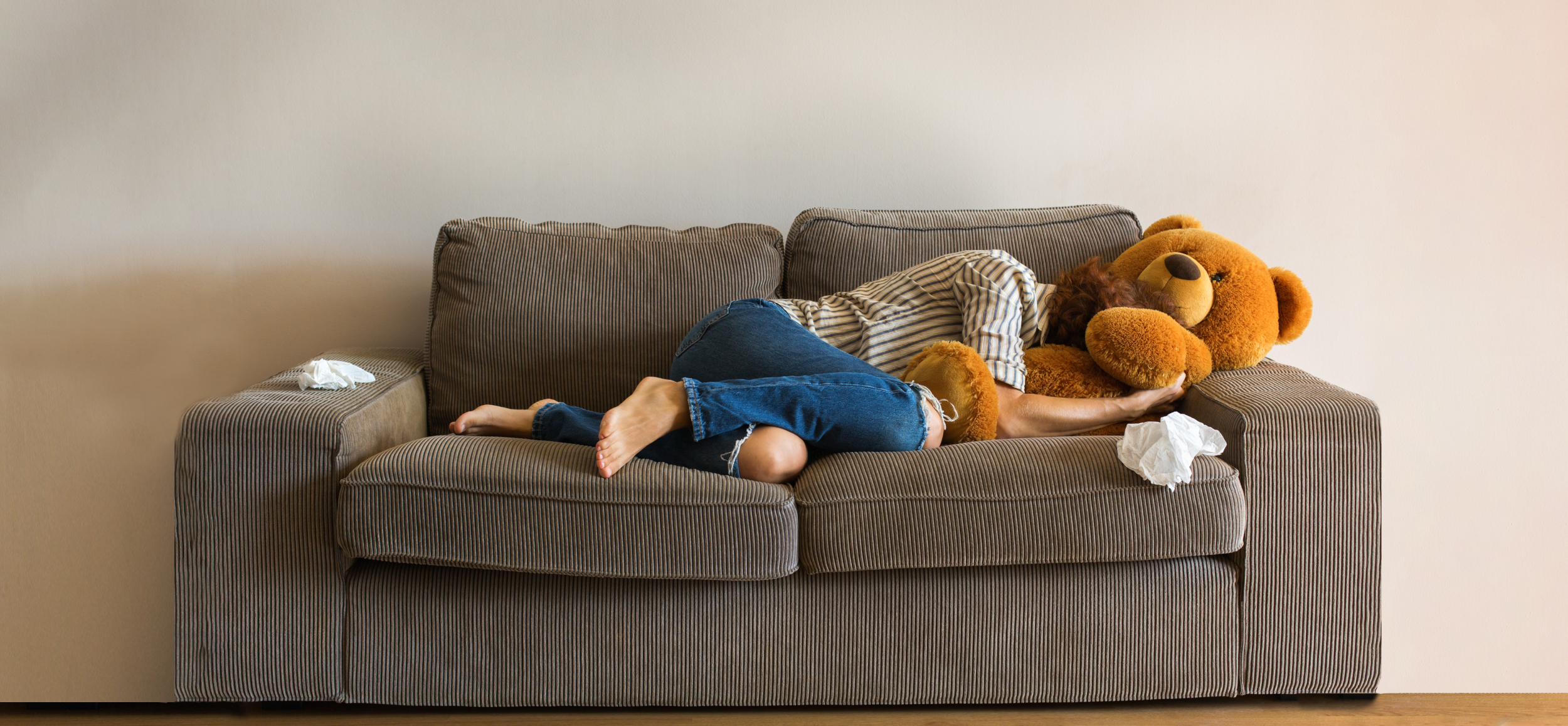
Scientific Research Studies On Meditation And Anxiety
Meditation has been getting more and more mainstream recently, and it’s easy to see why. Meditation techniques such as mindfulness, body scans, and mantras have helped millions of people across the globe with their anxiety-related issues.
But does meditation help anxiety or is it merely a placebo? There have been many known cases of pseudo-scientific methods of physical and mental health treatment, could meditation be one of them?
In this article, we’re looking to provide examples of well-respected scientific studies on how meditation helps against anxiety and to show solid proof that meditation is really helping.
Main Scientific Research Of Meditation
In the last couple of decades, the majority of the scientific study on meditation and anxiety has concentrated on so-called mindfulness meditation, one of the most commonly used meditation techniques. Mindfulness meditation involves focusing on what is happening with us and around us in the present moment awareness without passing judgment or evaluating these events.
Mindfulness-based therapies have attracted a lot of attention in the field of mental health, due to their potential to lower anxiety and enhance general wellbeing. The scientific studies on mindfulness often include subjects who suffer from clinical or subclinical anxiety problems and regularly practice mindfulness meditation.

Summary Of Studies Conducted
Trying to answer the question “can meditation help anxiety?”, one study looked at 89 participants who were diagnosed with a generalized anxiety disorder (GAD). They were split into two roughly equal groups: – one group practiced mindfulness meditation over the course of 8 weeks, and the other group served as a control group. Before and after the meditation course, blood samples were taken from the members of both groups so that results of the meditating group could be compared with the ones of the control group. The researchers were mostly interested in volume changes of inflammatory proteins (TNF-, IL-6) and stress hormones (adrenocorticotropic hormone, or ACTH, and cortisol).
Another study focused more on the effects of meditation on our physical well-being. The research had 47 people suffering from chronic pain complete an eight-week program. Over the course of one year, participants were interviewed by the researchers numerous times to see the effects of the program overtime. The researchers weren’t only interested in whether meditation relieves chronic pain, however; they were also inquiring about the changes in their depression and anxiety levels.
Results And Findings
So, how does meditation help anxiety? The first research discovered that the meditation group had much lower levels of the inflammatory proteins IL-6, and TNF- as well as the stress hormone ACTH after they finished their program. Cortisol levels also decreased, although, not as significantly when compared to the other chemicals.
The second research showed that most of the 47 people interviewed reported considerable improvement in dealing with their anxiety and depression as well as noticeable relief in their chronic pains. Moreover, a lot of the participants stated that they experience a strong feeling of positive change in their lives.
Implications For Treatment
While research tends to confirm the positive influence of meditation practices on both physical and mental well-being, meditation cannot serve as a full substitute for professional anxiety treatment.
If you feel that you’re suffering from an anxiety disorder, don’t leave it to just meditation to fix it. Consult a professional therapist and ask them if they deem it necessary or helpful to include meditation in your complex of treatment measures.
Mindfulness Meditation And Anxiety
Mindfulness meditation is well-known for relieving stress, improving attention span and memory, developing self-awareness and learning to be at peace with yourself. If you’d like to try it out, feel free to follow this simple instruction:
- Sit down on a chair, close your eyes, keep your back straight and your feet flat on the floor;
- Focus on how you’re breathing; don’t try to manipulate your breathing pattern; just observe and embrace your body as you breathe in and out;
- If you get anxious, acknowledge it, but don’t concentrate on it; relax and try to bring focus back to your breathing;
- Continue doing that for 5-10 minutes or for as long as you’re comfortable;
- When you finish, open your eyes and tell yourself how you feel; don’t try to evaluate your status, just acknowledge it.

Other Meditation Techniques And Anxiety
Some other meditation practices have also been subjected to scientific research and have shown positive results. For instance, this research involving a group of women aged 27-40 indicated that yoga is also very beneficial when coping with stress, depression and anxiety.
Another research that focused on the tai chi meditation practice showed that the program helped people strengthen their feeling of self-efficacy – a person’s belief in their own capacity or ability to conquer life challenges.
Conclusion: Can meditation help in anxiety?
Does meditation help with anxiety? Yes. Meditation is now seen more and more as a real, science-backed method of fighting anxiety and stress. Such common meditation practices as mindfulness, yoga and tai chi have been proven to benefit both our physical and mental health, making us more pain tolerant, relaxed and confident.
At the same time, meditation cannot be your only source of treatment for a persisting anxiety disorder. If you’re suffering from one, immediately consult a therapist for professional, complex treatment.






